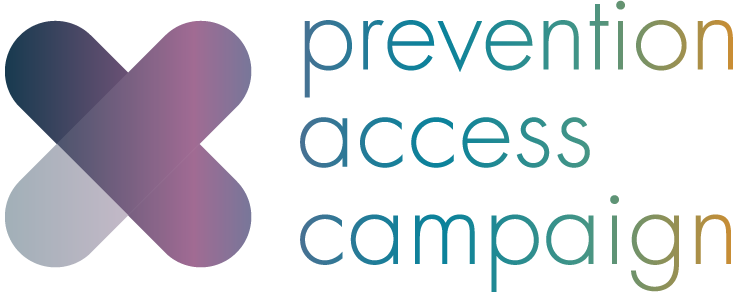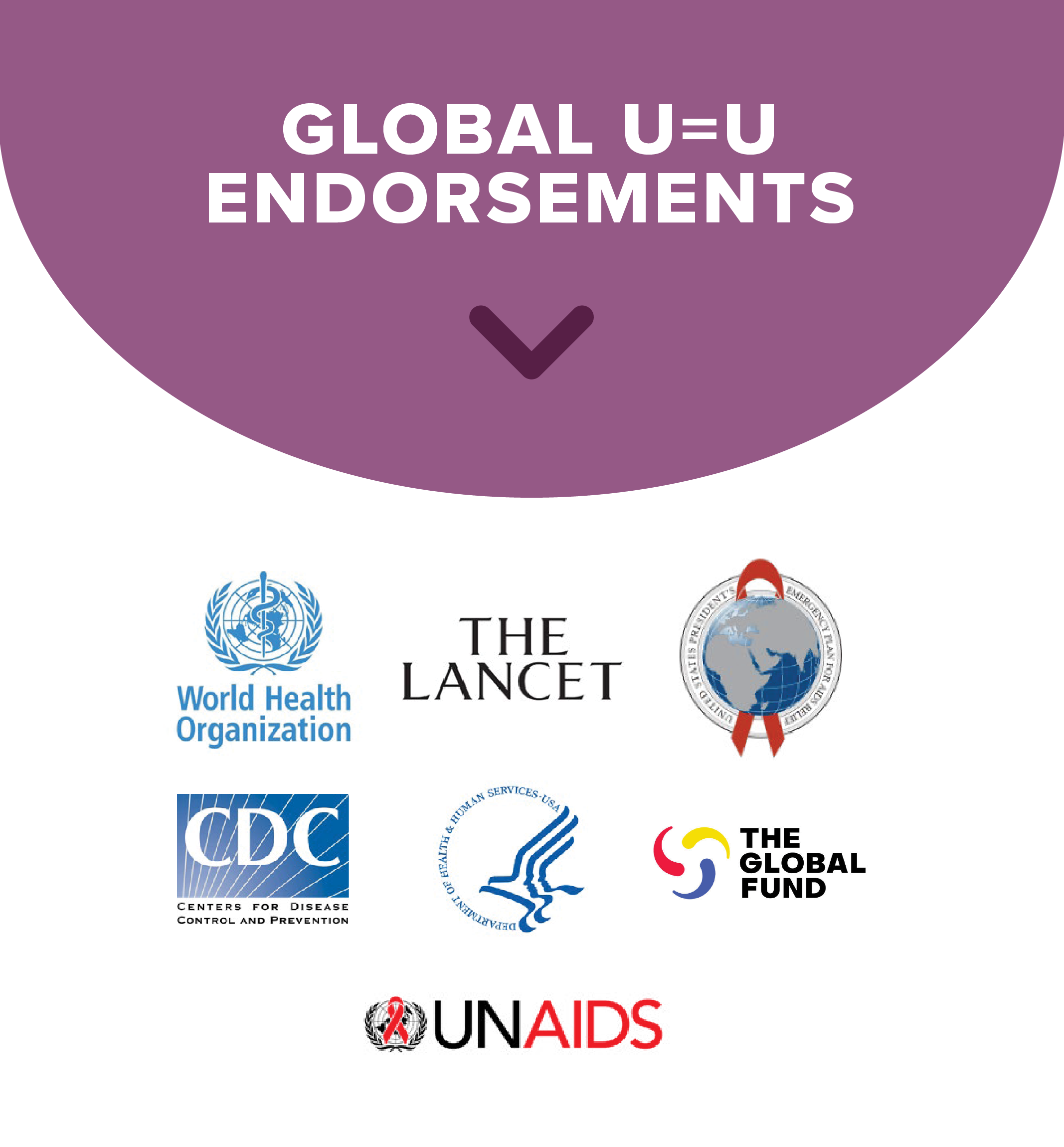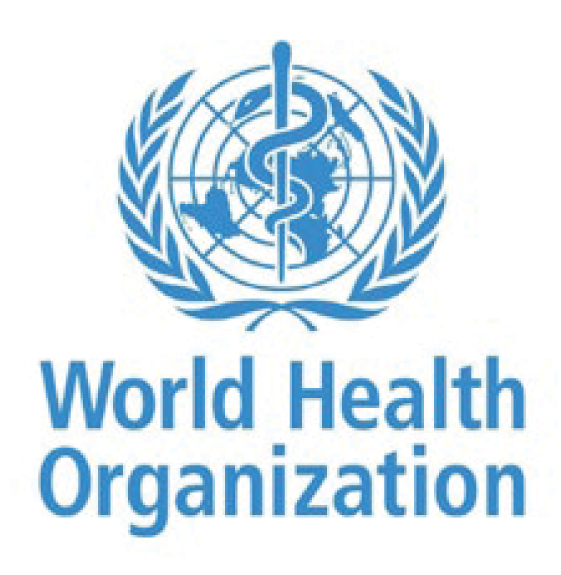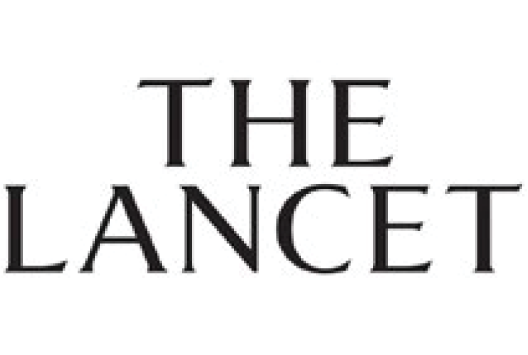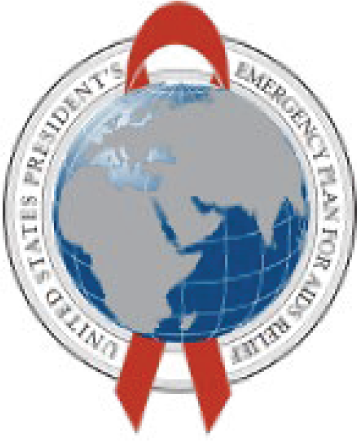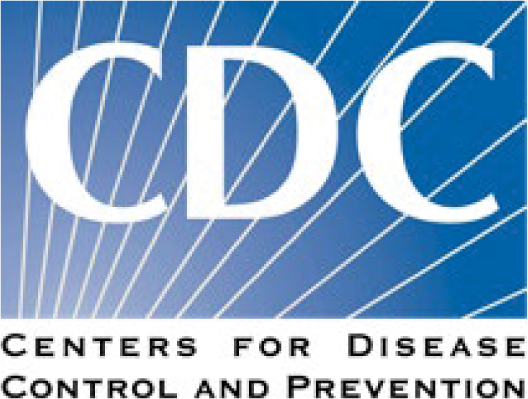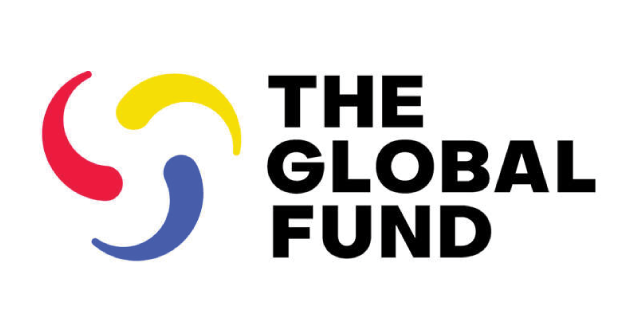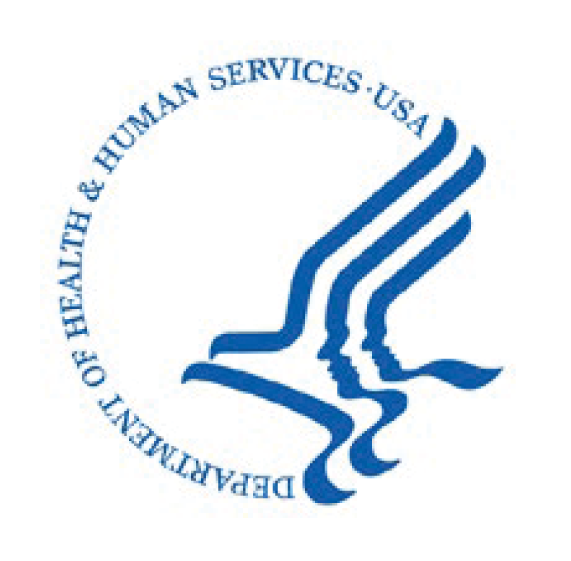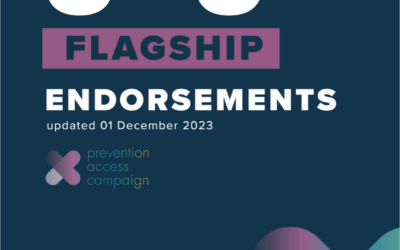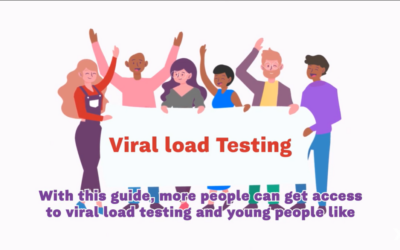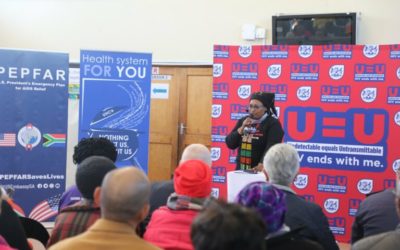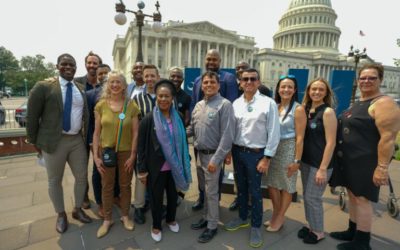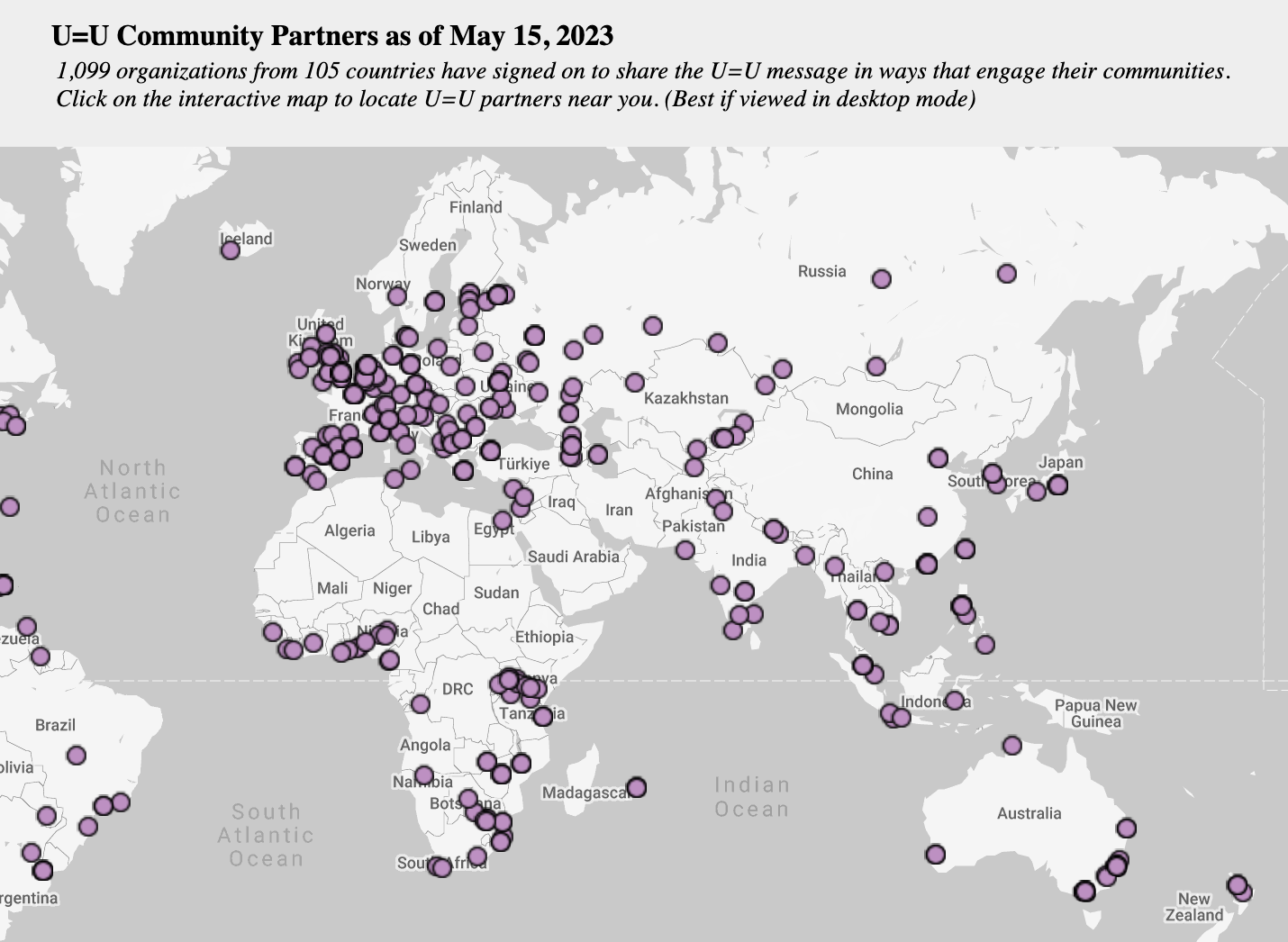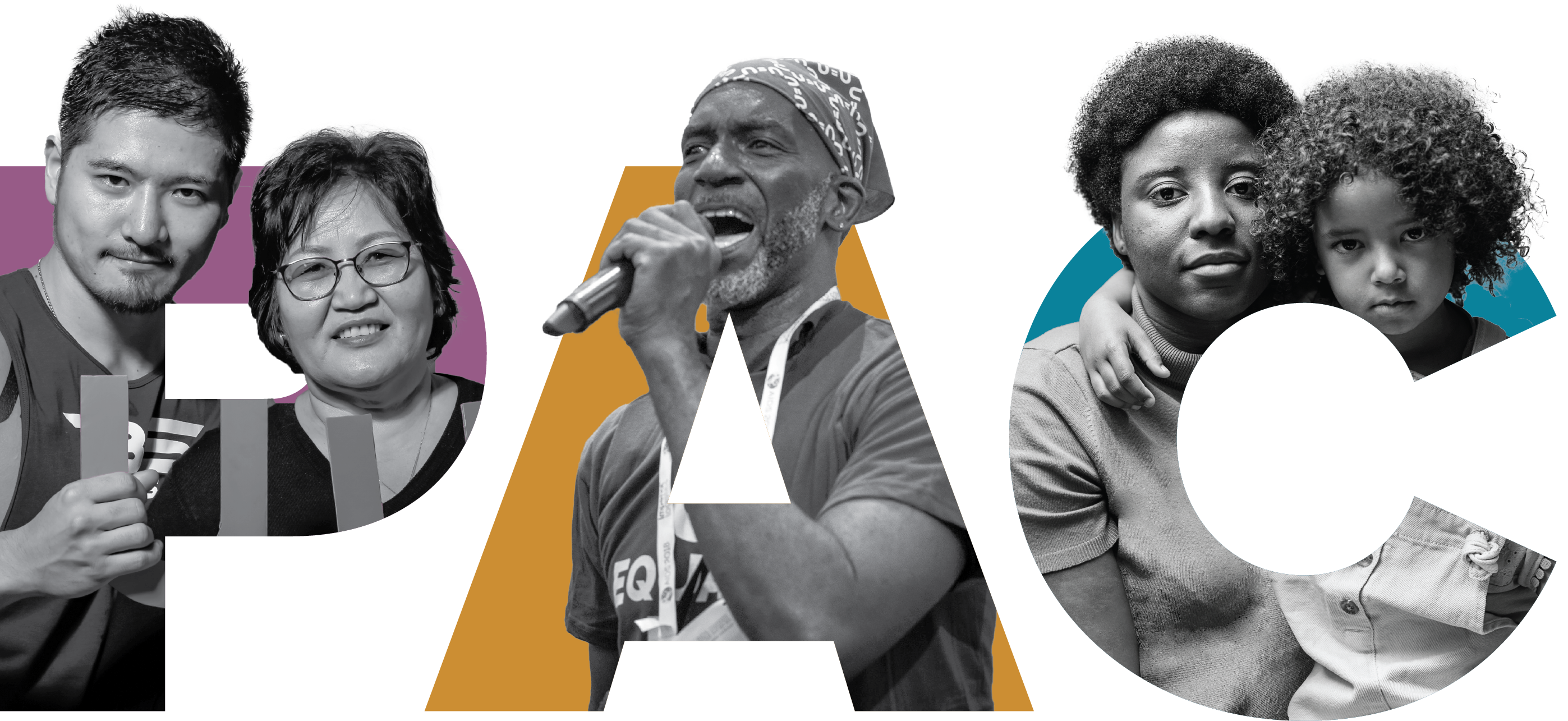
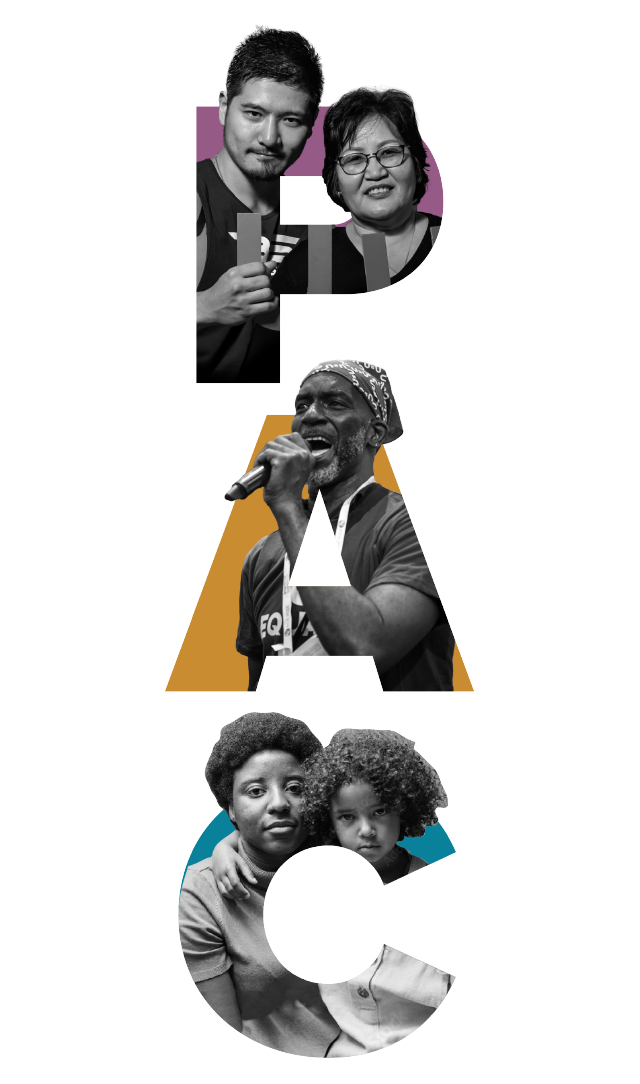
Who we are and What we do
PAC launched U=U in 2016 by mobilizing global scientists and health leaders to confirm the science of U=U and ignited a worldwide movement of partners to share the message and advocate for universal access. Together, we are changing the narrative for people living with HIV and accelerating an end to the epidemic.
Who we are and What we do
Prevention Access Campaign (PAC) is a global non-profit organization dedicated to saving lives and ending the HIV epidemic by making Undetectable = Untransmittable (U=U) a reality for all people living with HIV. U=U means that a person living with HIV who is on treatment and has an undetectable viral load cannot sexually transmit HIV.
PAC launched U=U in 2016 by mobilizing global scientists and health leaders to confirm the science of U=U and ignited a worldwide movement of partners to share the message and advocate for universal access. Together, we are changing the narrative for people living with HIV and accelerating an end to the epidemic.
Who we are and What we do
Prevention Access Campaign (PAC) is a global non-profit organization dedicated to saving lives and ending the HIV epidemic by making Undetectable = Untransmittable (U=U) a reality for all people living with HIV. U=U means that a person living with HIV who is on treatment and has an undetectable viral load cannot sexually transmit HIV.
PAC launched U=U in 2016 by mobilizing global scientists and health leaders to confirm the science of U=U and ignited a worldwide movement of partners to share the message and advocate for universal access. Together, we are changing the narrative for people living with HIV and accelerating an end to the epidemic.
From A Grassroots Movement To A Global Mandate
PAC pioneered U=U as a grassroots campaign in 2016, and has since transformed the movement into a global mandate. U=U has been endorsed and required by the world’s leading scientific and health institutions including:
From A Grassroots Movement To A Global Mandate
PAC pioneered U=U as a grassroots campaign in 2016, and has since transformed the movement into a global mandate. U=U has been endorsed and required by the world’s leading scientific and health institutions including:
STRATEGIC PILLARS
PAC’s collaborative advocacy, education, communications and movement building work has resulted in historic global changes to the official risk assessments of HIV transmission. We are changing the narrative about living and loving with HIV and paving the pathway to end the epidemic.

communicate
PAC is the leading source for developing and delivering up-to-date, credible, and relevant information on U=U implementation and scale-up.
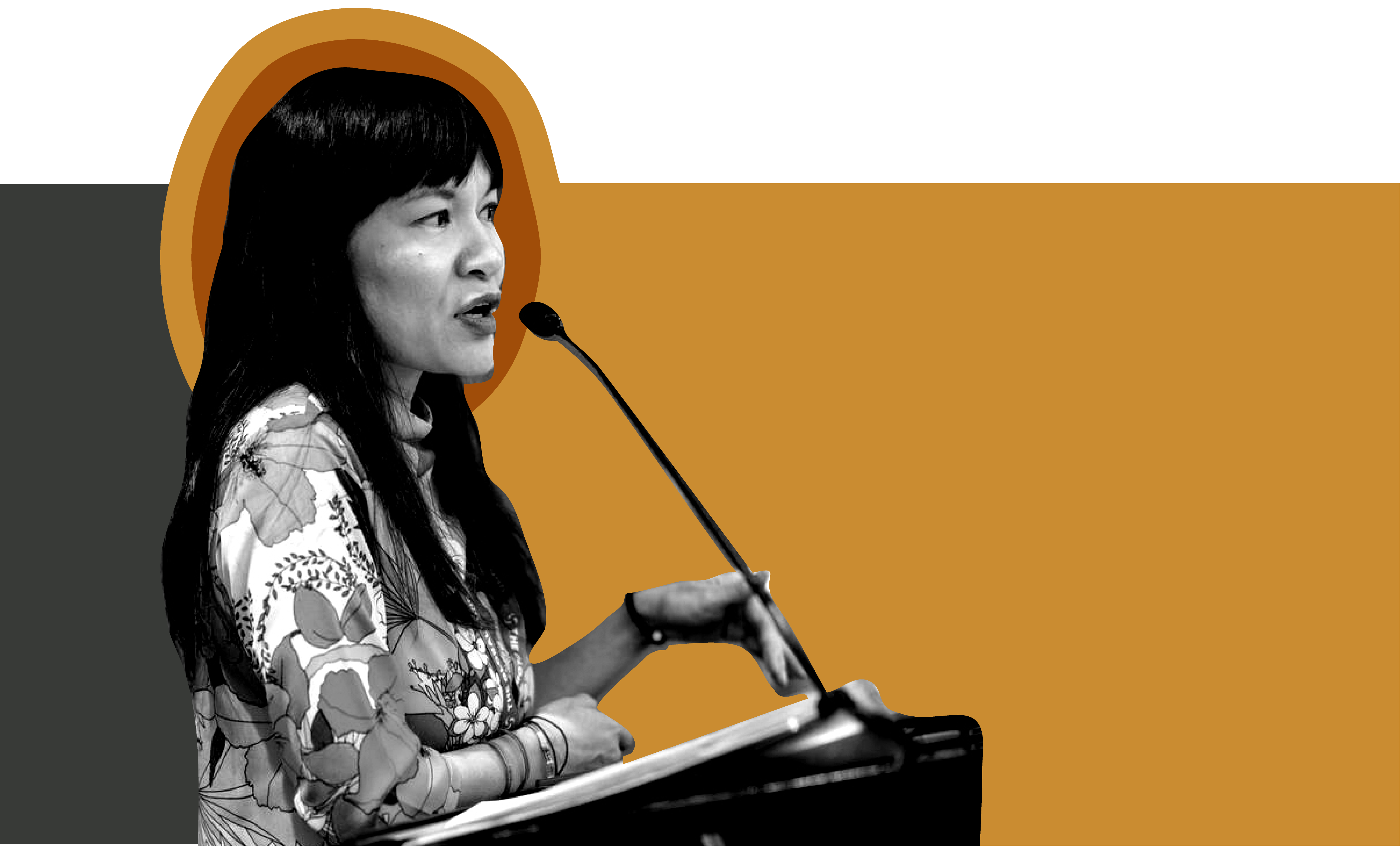
educate
PAC offers training and technical support to civil society organizations, health ministries, private industry, and other stakeholders.
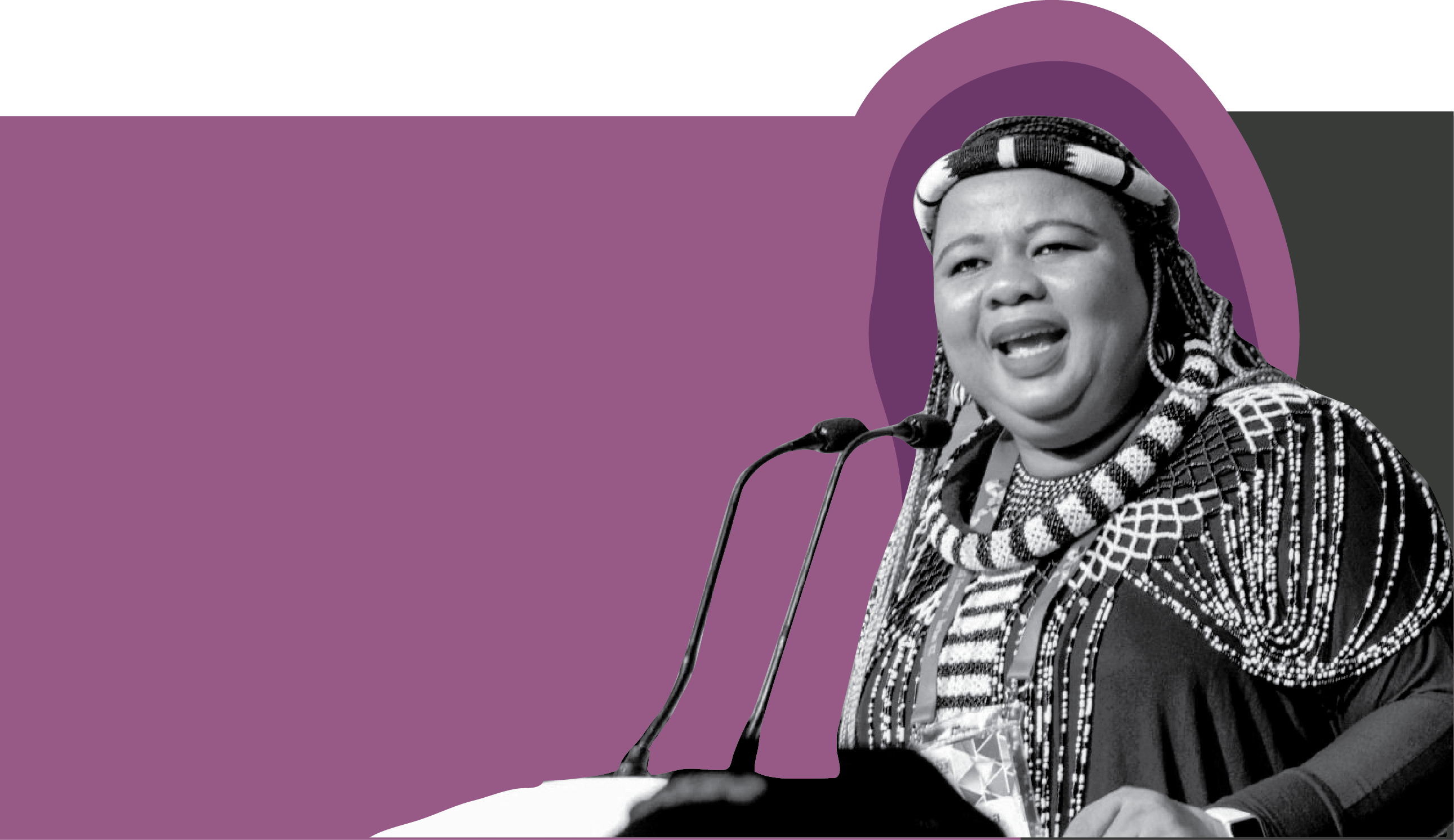
advocate
PAC plays a vital role in influencing policies and programs of key global, regional, and national partners to increase access and remove barriers to HIV treatment, care, and services using innovative approaches.

build
PAC co-leads, builds, and strengthens the global, community-led U=U campaign. Today, U=U is a thriving and growing community-led movement of HIV advocates, activists, researchers, and over 1,100 community partners from 105 countries.
strategic pillars
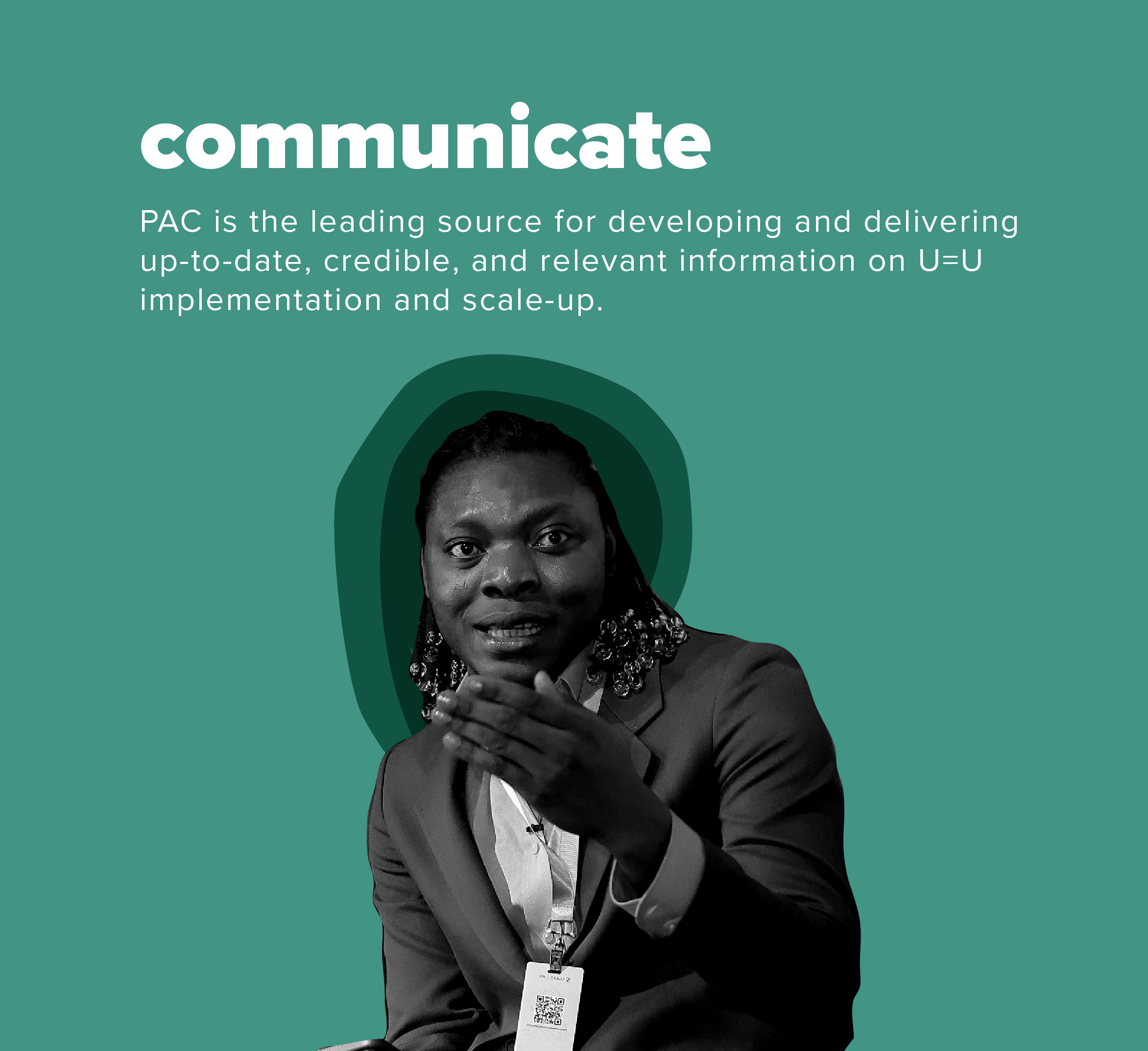
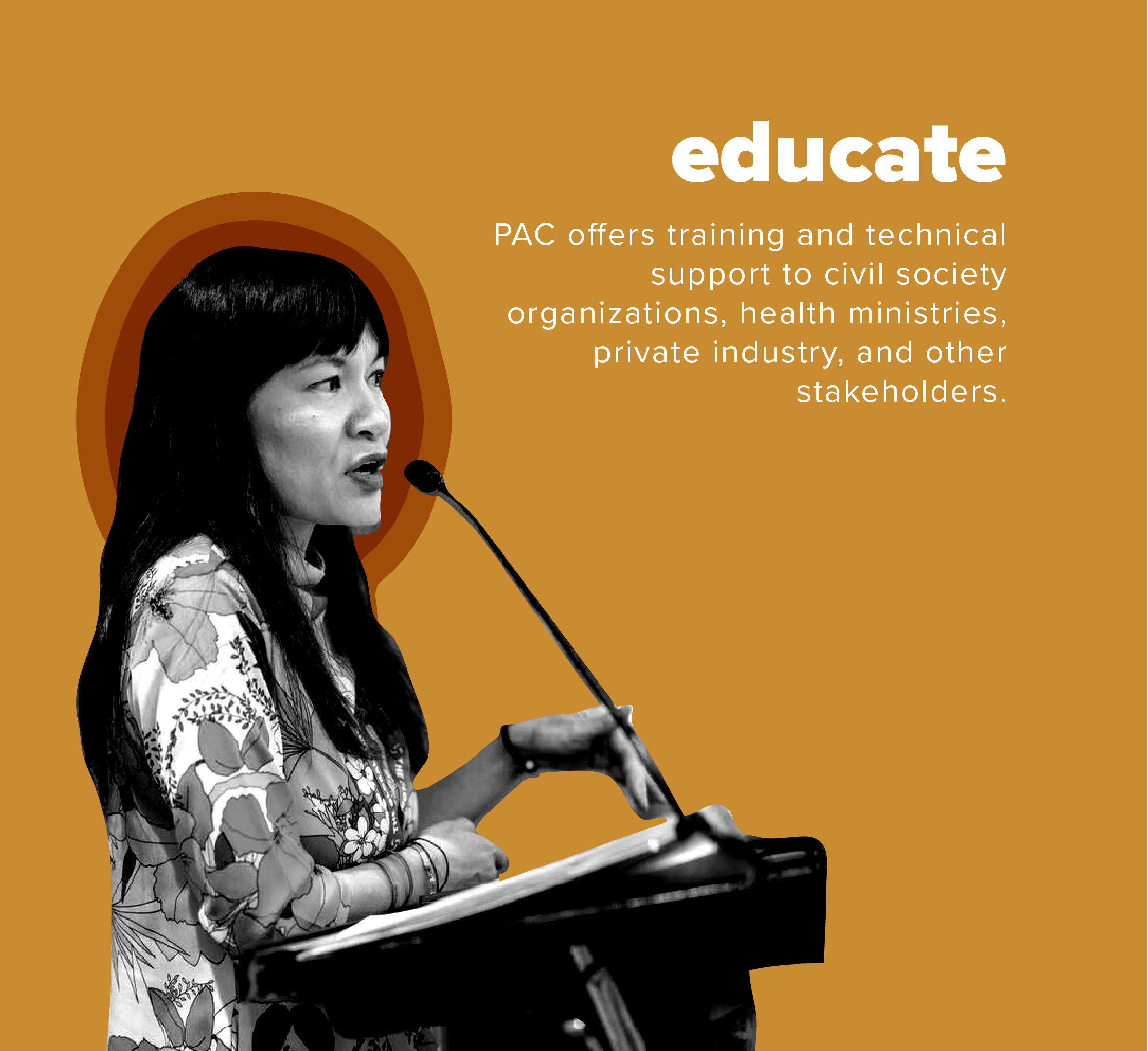
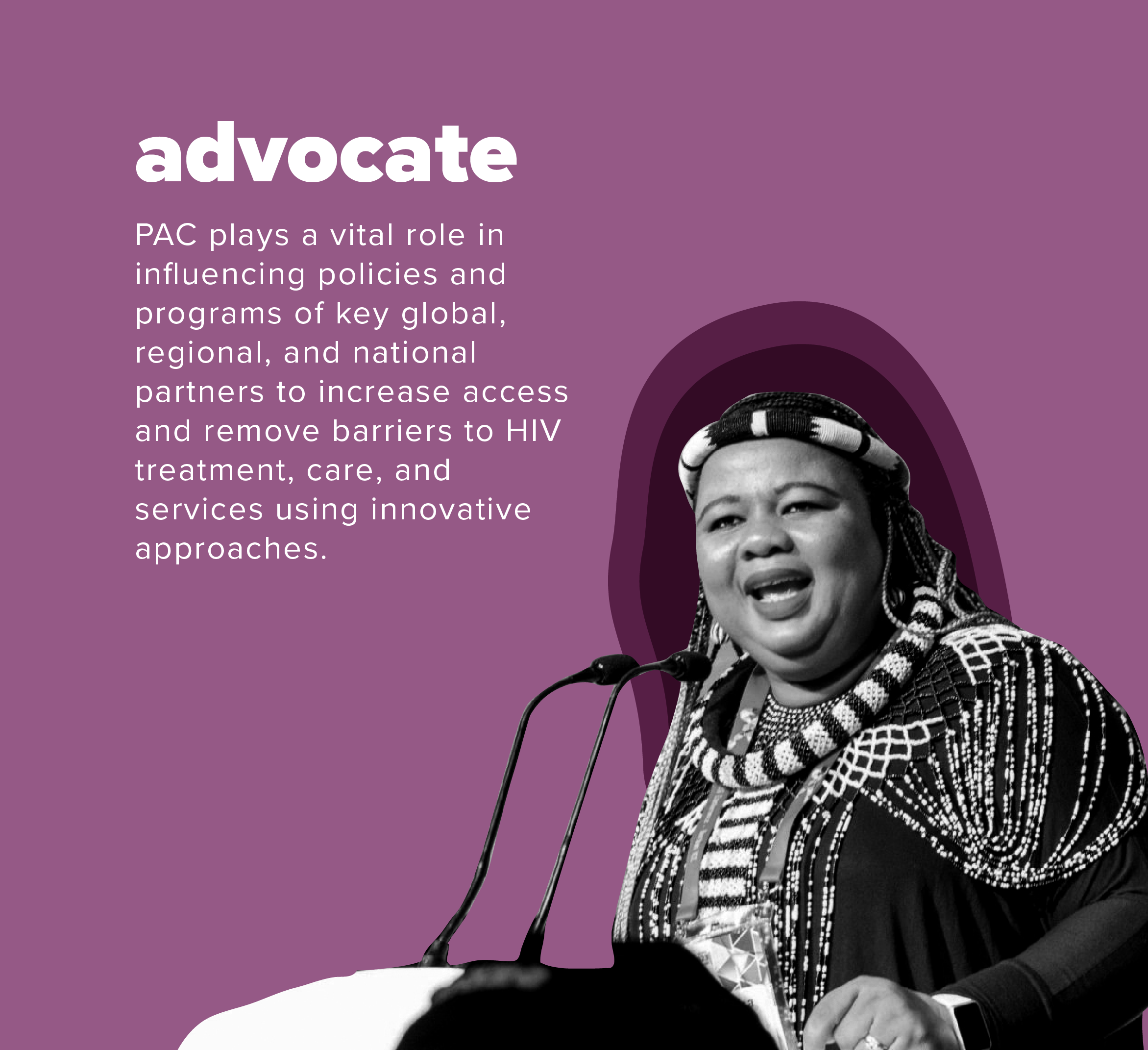
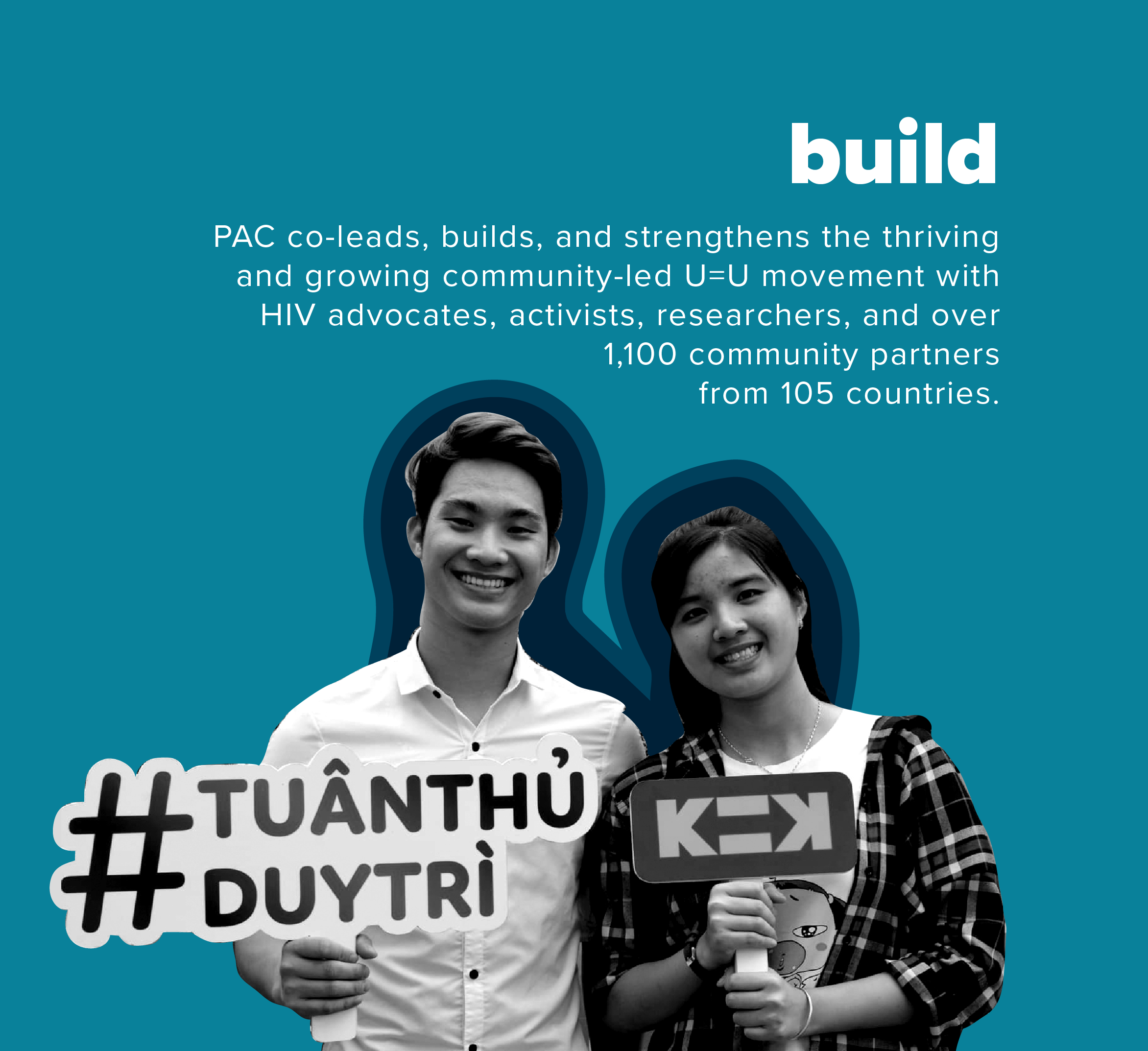
Global Health & Community Voices
Approximately 10 million out of 38.4 million people living with HIV (PLHIV) are not accessing the treatment and care needed to achieve viral suppression and become undetectable.
Approximately 10 million out of 38.4 million people living with HIV (PLHIV) are not accessing the treatment and care needed to achieve viral suppression and become undetectable.
Approximately 10 million out of 38.4 million people living with HIV (PLHIV) are not accessing the treatment and care needed to achieve viral suppression and become undetectable.
According to data available in 2021
39
Million
people globally are living with HIV.
1.5
Million
out of this total are children.
53%
of people
living with HIV are women and girls.
Aids is
the #1 cause
of death
among women and young people in Sub-Saharan Africa, and the 2nd leading cause of death among young people worldwide.
Over
100
Countries have committed to scaling up U=U efforts.
According to the 95-95-95 targets:
86%
of people
living with HIV (PLHIV) knew their HIV status.
76%
of people
diagnosed with HIV were accessing treatment.
71%
of people
receiving treatment achieved viral suppression.
View Sources
“AIDS remains the second leading cause of death among adolescents worldwide”: https://www.ncbi.
Source for 2022 data on the number of people living with HIV worldwide, number of children and percentage for women and girls living: https://www.unaids.
95-95-95 targets: https://www.unaids.
10-10-10 targets: https://www.unaids.
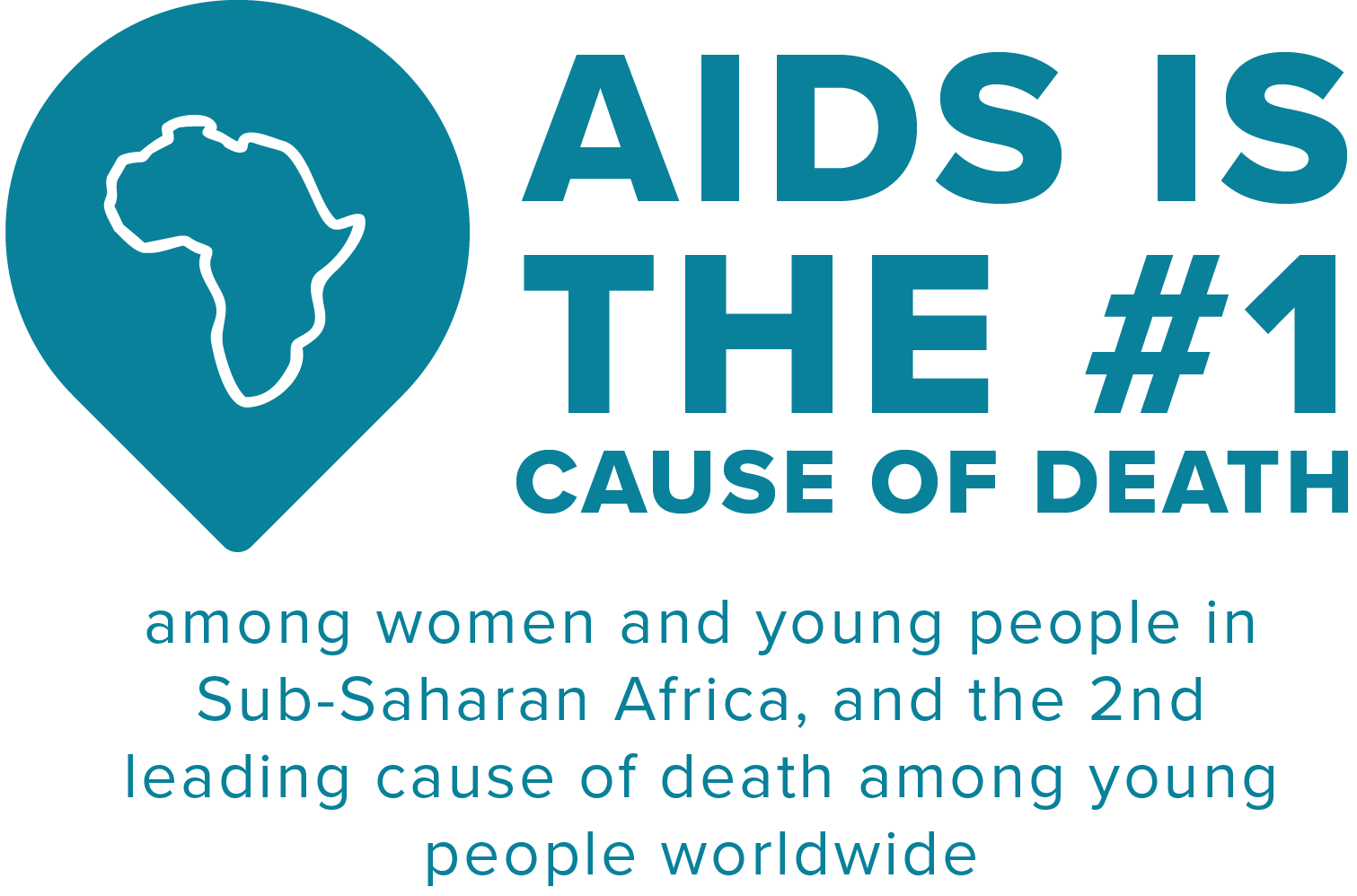
According to data available in 2021
39
Million
people globally are living with HIV.
1.5
Million
out of this total are children.
53%
of people
living with HIV are women and girls.
According to the 95-95-95 targets:
86%
of people
living with HIV (PLHIV) knew their HIV status.
76%
of people
diagnosed with HIV were accessing treatment.
71%
of people
receiving treatment achieved viral suppression.
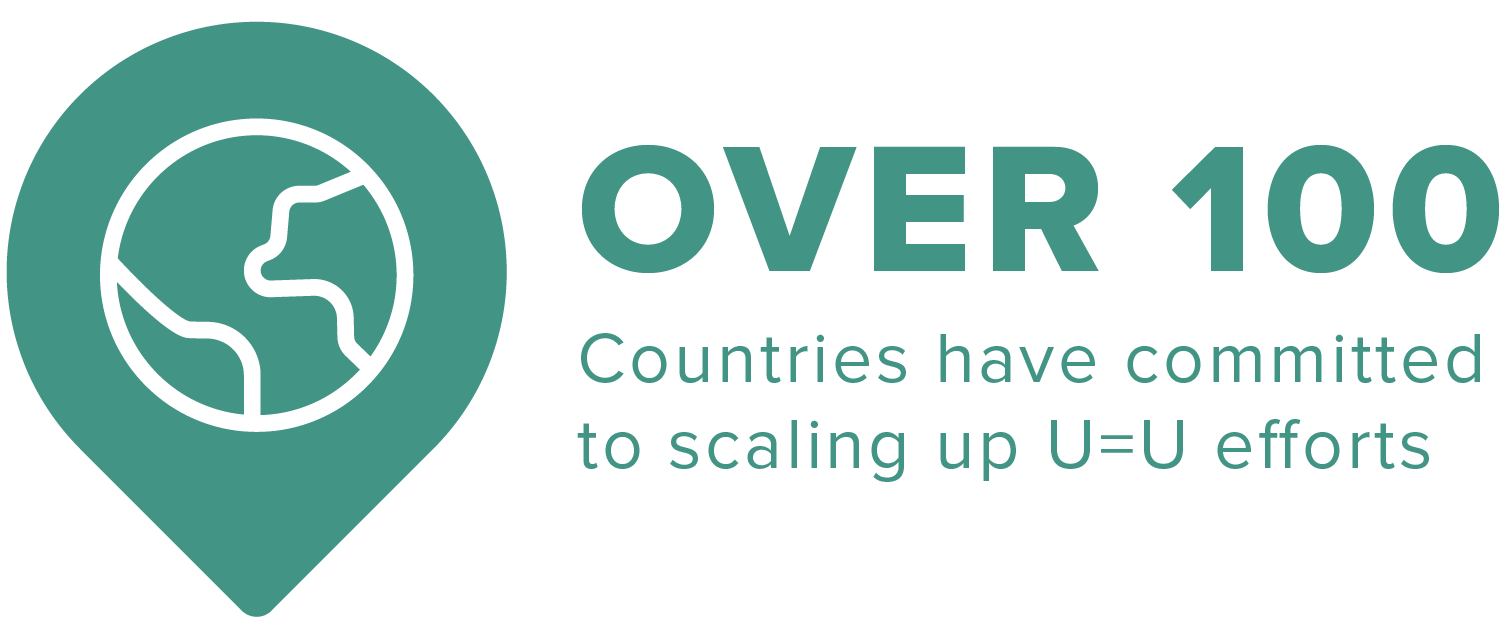
View Sources
Source for 2022 data on the number of people living with HIV worldwide, number of children and percentage for women and girls living: https://www.unaids.
The data on the right side, where it is written: According to 95-95-95 targets: https://www.unaids.
10-10-10 targets: https://www.unaids.

According to data available in 2021
39
Million
people globally are living with HIV.
1.5
Million
out of this total are children.
53%
of people
living with HIV are women and girls.
According to the 95-95-95 targets:
86%
of people
living with HIV (PLHIV) knew their HIV status.
76%
of people
diagnosed with HIV were accessing treatment.
71%
of people
receiving treatment achieved viral suppression.

View Sources
Source for 2022 data on the number of people living with HIV worldwide, number of children and percentage for women and girls living: https://www.unaids.
The data on the right side, where it is written: According to 95-95-95 targets: https://www.unaids.
10-10-10 targets: https://www.unaids.
